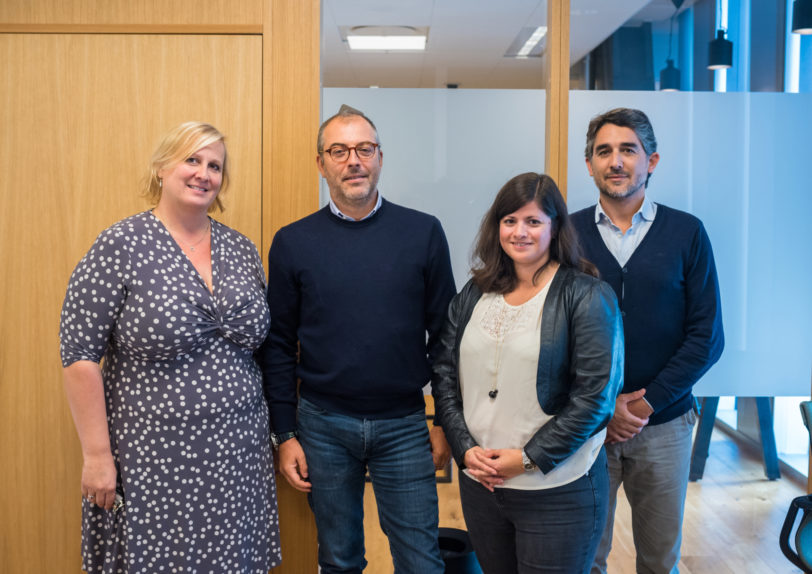The Mediterranean holds the answer as to how tomorrow’s small-scale fisheries should be designed and organized globally. That is why WWF and REV Ocean are working together to find solutions that will enable sustainable and profitable fishing in the region.
In the Mediterranean, 80% of fish stocks are subjected to overfishing. The fishing is usually done by using old boats and technology. The result is a high impact on fish stocks, large amounts of discarded bycatch and risks that are not needed.
Data and innovation
– We are in Oslo to work with REV Ocean and find possible synergies to modernize the almost antique small-scale fisheries in the Mediterranean, which is also happens to be one of the world’s most fished and polluted oceans. REV Ocean’s belief in collaboration, cataloguing data and using accumulated knowledge for innovation, matches our belief in how to find the right solutions, says Project Manager Marco Costantini in the WWF Mediterranean Marine Initiative (WWF MMI).
Gry Ulverud, Manager for Strategy and Partnership in REV Ocean, echoes his words:
– WWF has done a tremendous job so far on mapping overfishing in the Mediterranean, which is one of our priority areas. Through collaborating more closely with WWF MMI and the fishing industry, we hope to gain a better understanding for today’s situation and the shocking consequences overfishing has on the ocean.
Important testing area
Costantini explains there are several reasons for why it is particularly important to modernize the small-scale fisheries in the Mediterranean.
– The region is made up by three continents with different political systems, economies and living standards. The solutions we are looking for should not only be implemented in the European part of the Mediterranean. They also have to take into consideration the cultural and economic fabric in the region’s developing countries, says Costantini and continues:
– This framework is a bit of a two-edged sword. One the one hand, the challenge is big and almost daunting. However, if we succeed in the Mediterranean, the reward will be that the solutions and acquired knowledge will be transferable to small-scale fisheries all over the world.
Both representatives are eager to continue and expand the collaboration between WWF and REV Ocean. The next in-person meeting will be a workshop.
– We will go forth collecting data and supplementing each other with insight. Knowledge sharing from Norwegian fishermen is for instance useful for the main target group, whilst we want to learn more about what types of obstacles WWF MMI have encountered in their data collecting, says Ulverud.
- About WWF Mediterranean Initiative:
Created in 2010 by six WWF offices; Mediterranean, France, Greece, Italy, Spain and Turkey. - Main goal is to develop solutions, build alliances, and invigorate societies and economies across the Mediterranean region to conserve marine ecosystems that provide a wealth of resources.
- Formalised plans for collaboration with REV Ocean in 2018.
